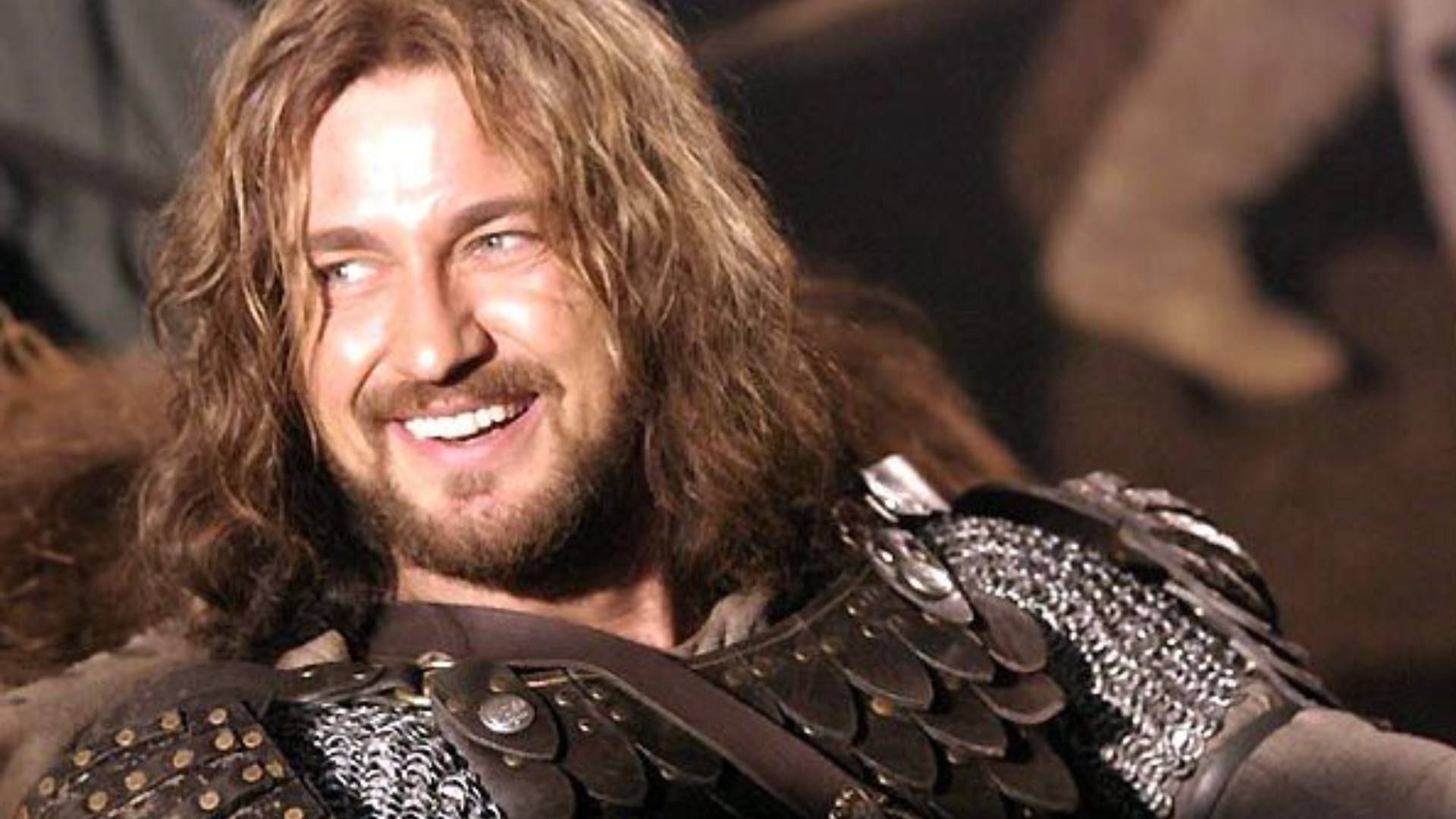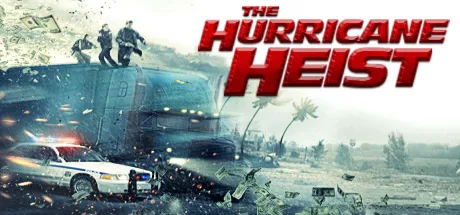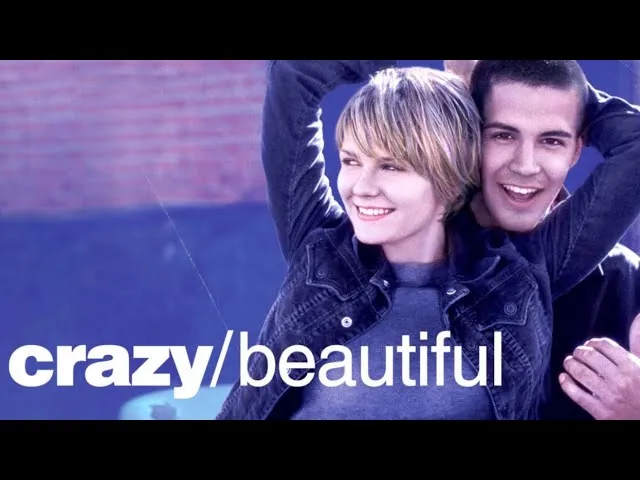"He came to slay a monster. He left questioning who the real beast was."
Beowulf & Grendel (2005) retells one of the oldest tales in Western literature — but not as a myth of glory, nor as a celebration of kings and slayers. Instead, it unfolds as a windswept, mud-drenched tragedy. A saga where the lines blur between man and beast, justice and revenge, and the haunting cost of stories told too often by victors.

Set against the stark beauty of Iceland’s raw landscapes, the film follows Beowulf (Gerard Butler), a warrior sent to kill a creature terrorizing the Danes. But Grendel is no dragon. He is a giant born of rape and exile, a being shaped by human cruelty and driven by grief. He kills not out of hunger, but as a quiet howl against the world that cast him out. And Beowulf — noble, fierce, but not unthinking — begins to see it. Too late.

This isn’t the hero’s journey we expect. There are no gods here, only flawed men, bitter blood, and legends rewritten in dirt. As Beowulf grapples with truth, loyalty, and the futility of violence, the film questions whether heroism lies in killing monsters… or in recognizing who created them.

With its grimy realism, Norse fatalism, and moral ambiguity, Beowulf & Grendel strips the epic to its bones. It reminds us that sometimes, monsters are made — not born. And that even the mightiest blade can’t cut through guilt.

-1752650779-q80.webp)

